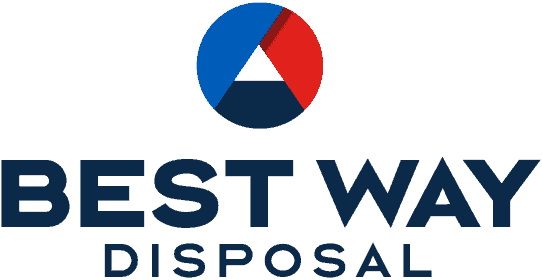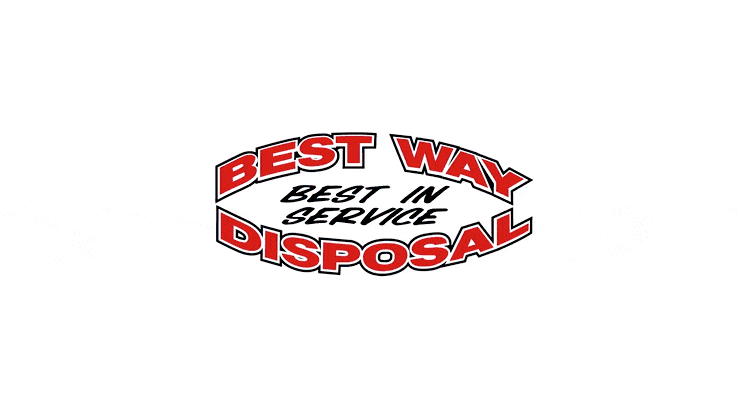Did you know?
Hazardous waste such as chemicals, lithium batteries, and hot ashes CAN NOT be thrown away in your normal waste disposal cart as they cause fires. To find the nearest collection site, visit www.call2recycle.org.
CHEMICALS, lithium batteries, hot ashes, oh my!
Did you know?
WASH YOUR FOOD CONTAINERS
Food contamination is a major issue. Things like greasy pizza boxes and unwashed peanut butter jars can contaminate an entire load of recyclable material.
Details
-
Electronic
Waste -
Special
Waste -
Hazardous
Waste -
Large Bulk
Waste -
Yard
Waste -
Composting
Electronic Waste
Electronics require a different waste process as compared to your regular curbside or business service. Computers, monitors, televisions, and other electronics are considered E-Waste and should not be put out for pick-up with your household waste. Many electronic retailers offer trade-in or recycling programs. Visit the US EPA’s eCycling site to get ideas for the best way to manage your E-Waste.
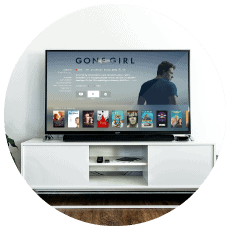
Large Electronics
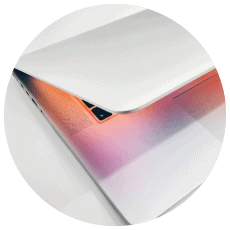
Laptops & Computers
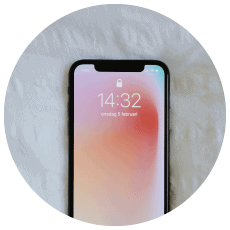
Small Electronics
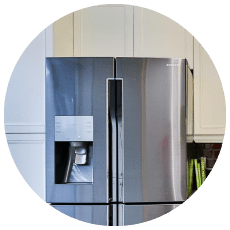
Large & Small Appliances
Special Waste
Below are a few examples of household hazardous waste and should never be disposed of with your normal household waste. Contact our team today to see what we can do for you.
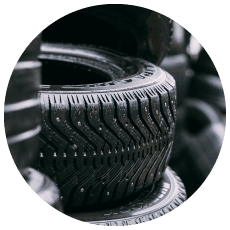
Tires
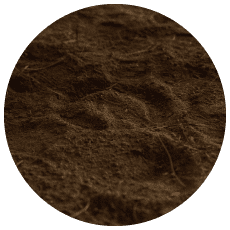
Dirt, Rock or Concrete
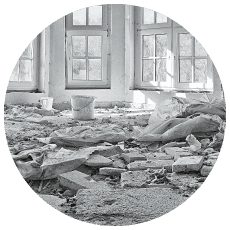
Construction and Demolition Materials
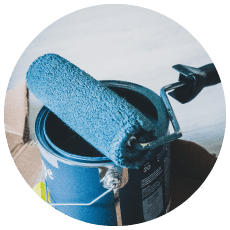
Liquid Waste
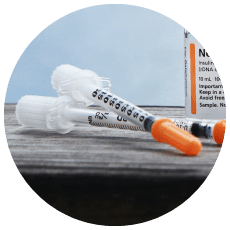
Medical Waste
Special Waste
Below are a few examples of household hazardous waste and should never be disposed of with your normal household waste. Contact our team today to see what we can do for you.
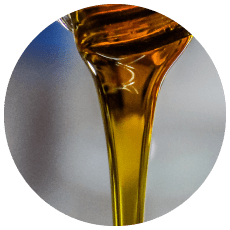
Motor Oil
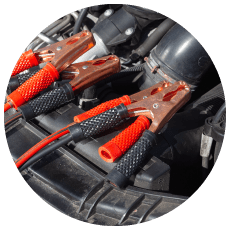
Car Batteries
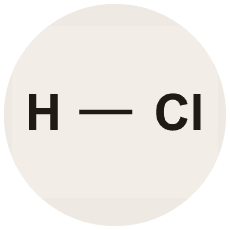
Acids
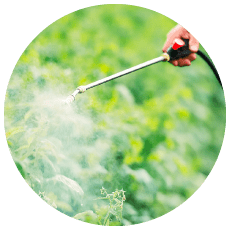
Herbicides & Pesticides
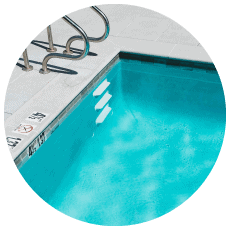
Pool Chemicals
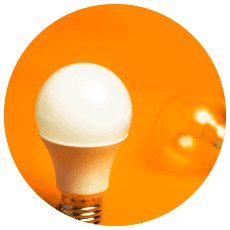
Flourescent Bulbs
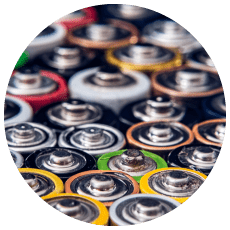
Batteries
Large Bulk Waste
Furniture, carpet and other items that cannot fit into your container will require special handling and advance notice. Contact our team today to see what we can do for you.
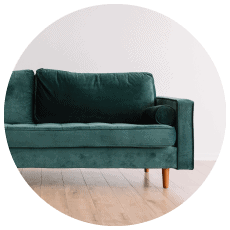
Furniture
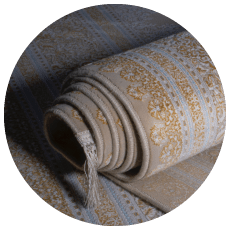
Carpet
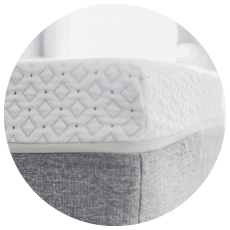
Mattress or Box Spring
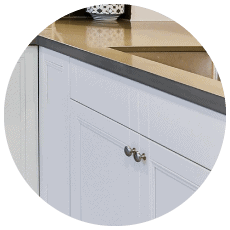
Cabinets
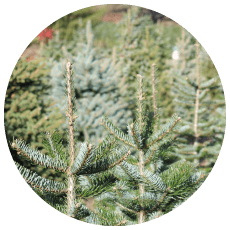
Christmas Trees
Yard Waste & Landscaping debris
Most states now ban disposal of yard waste & landscaping debris in landfills.
This means that these types of materials should be going to composting facilities. We offer composting options at our affiliated landfills as well as at some Best Way Disposal transfer stations.
YARD WASTE SEASON STARTS APRIL 1st & Ends November 30th
Place your cart, by 6am or the night before, at the curb on one side of your driveway. A yard waste cart will be provided, there will be a uniform cost for additional carts. Please call to request a yard waste container before the season begins.
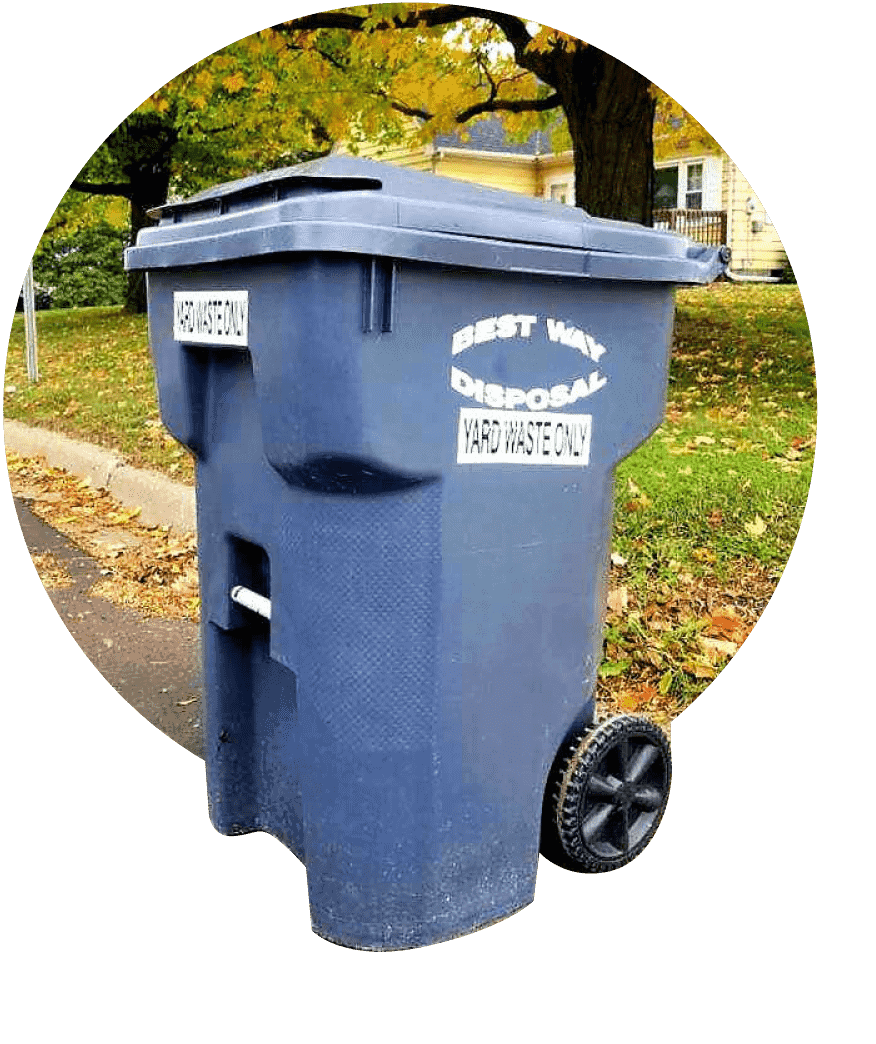
WHAT CAN I PUT IN MY YARD WASTE CONTAINER?
Yard waste consists of organic material. It typically is produced from the care and maintenance of landscaped gardens and lawns, or it can be a branch knocked loose by high winds.
This type of waste includes:
- Grass clippings
- Leaves
- Tree limbs
- Brush
- Pruning from trees and bushes
Properly disposing of yard waste can boost your property’s curb appeal. A healthy lawn and well-maintained landscaping can even add value to your home.
Composting
Compost is organic material that can be added to soil to help plants grow. You can try composting yourself or we offer options at our affiliated landfills as well as at some Best Way Disposal transfer stations.
Find out more composting tips at epa.gov/recycle/composting-home#basics
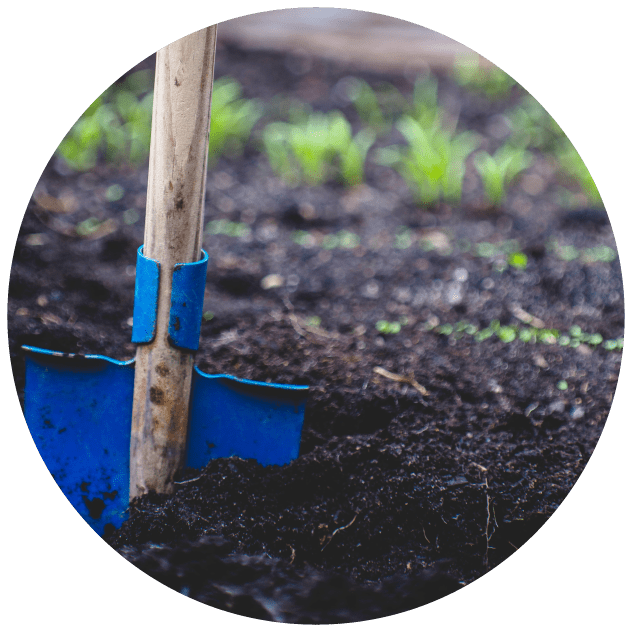
MAKE A GREENER DIFFERENCE

Go Paperless!
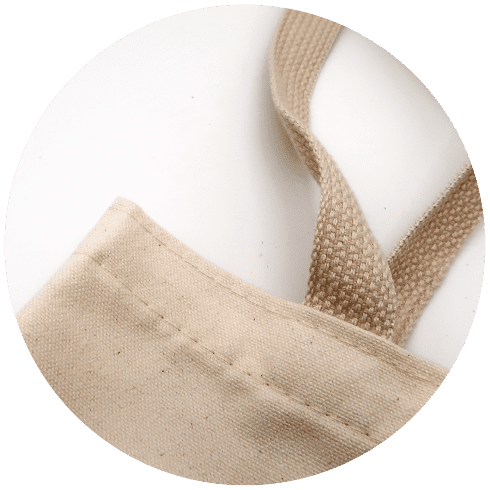
Shop with Canvas!
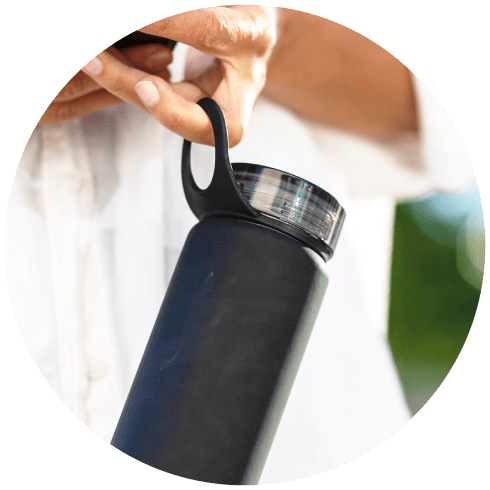
Reuse Containers!
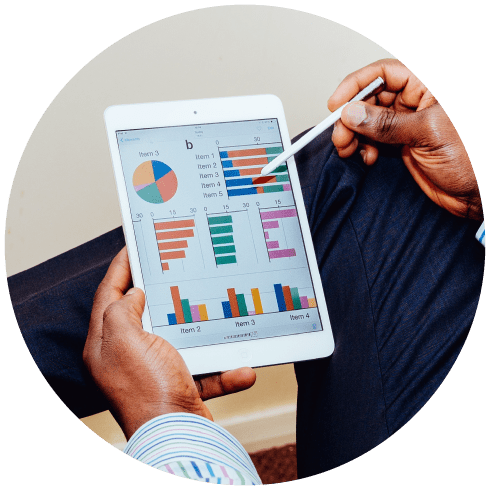
Business Waste Audit
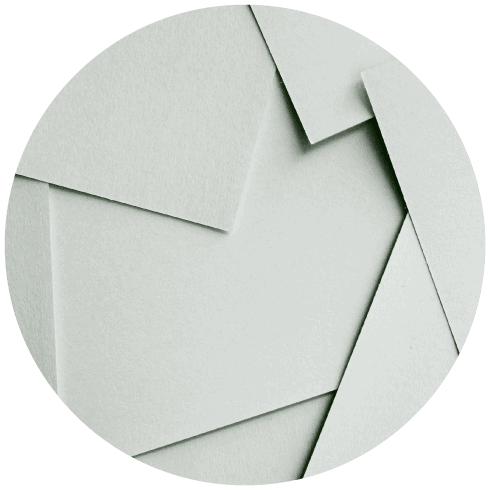
Print Less
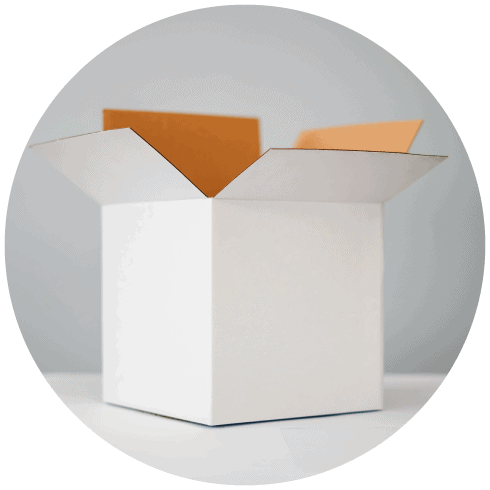
Reuse Packaging Materials
Recycling 101
Why recycle? Recycling preserves landfill space while at the same time-saving energy and reducing emissions compared to the extraction and processing of virgin materials. The success of any recycling program depends on the participation of the public.
WHAT TO RECYCLE CURBSIDE
Recycle all food and beverage metal cans – steel, tin, bi-metal and aluminum. Adhesive labels may be left on when recycling.
Cardboard can be recycled by breaking down boxes as well as removing packaging tape. If the cardboard is coated in a shiny film-like substance, it is not recyclable at this time.
You can also include newspapers, inserts, catalogs, paperback books, phone books and brochures.
Recycle food boxes including: ice cream, milk containers, cereal boxes and pasta boxes.
Recycle envelopes, office paper, junk mail, greeting cards and file folders.
Clear, brown blue or green is accepted.. Do your best to not break glass bottles. You can leave the label/foil on but separate the metal caps.
Recycle plastics #1 through #7. Look on the bottom of containers for a number inside the recycling arrow.
Not Accepted in Your Bin
Recycled items should be placed loosely in your bin. If your recyclables are collected in a bag, please empty.
Plastic bags (garbage bags, plastic grocery bags, etc.) are not recyclable, as they can become entangled in equipment.
Plastic wrap, bubble wrap, sandwich bags and freezer bags should not be recycled.
Once soiled, paper cannot be recycled because the fibers won’t be able to separate from the oils.
While most electronics can be recycled, they cannot be picked up curbside and should not go into your bin. Please visit one of our local transfer stations to recycle properly.
Light bulbs are recyclable, but because of the specialized processes necessary to separate the materials, they’re not accepted at all recycling centers.
Items such as garden hoses, chains, strings, ropes, holiday lights, etc. can become tangled in recycling equipment and threaten worker safety.
Medical waste endangers the safety and well being of recycling workers and equipment.
Polystyrene foam (Styrofoam) containers or other items, such as packing peanuts, are not recyclable and should be disposed of in the trash.
No Diapers, Tissues or Biohazardous Waste
No Ceramics, Dishes or Mirrors
No Toys, Clothes, Shoes or Tools
No Holiday Decor
No Construction Debris or Scrap Metal
Non-Compostable Items
These release substances that might be harmful to plants.
Coal or ash might contain substances harmful to plants.
Dairy products and eggs create odor problems and attract pests such as rodents and flies.
Diseases or insects might survive off of disease ridden plants, and could be transferred back to other plants.
Diseases or insects might survive within fats, greases, lards, and oils—and be transferred back to other plants.
Meat & fish scrapes produce odor problems and attract pests such as rodents and flies.
Pet waste might contain parasites, bacteria, germs, pathogens, and viruses harmful to humans. Please dispose of these items with your household trash.
Chemically treated yard trimmings could kill beneficial composting organisms.
Recycling FAQ's
Curbside co-mingled recycling provides an easy way to participate in the Best Way Disposal recycling program. Simply place all of your clean recyclables in the single container we have provided and place it by the curb. Items that can be placed in the container are high density plastics #1 through #8, any clear, brown, blue or green glass, any aluminum cans, any bi-metal and steel cans, aluminum foil, brown bags, magazines, phone books, catalogs, cardboard, and newspapers. A more extensive list is above.
Recycling is important but there are items that are not currently practical for recycling either because they cannot be recycled or because they are considered hazardous material and need to be disposed of properly.
• Boxes soiled with food, pizza boxes for example
• Any plastic that is not a bottle (e.g. plant pots, food containers or trays, medicine and pill containers)
• Polystyrene (Styrofoam)
• Sod, dirt, concrete, asphalt
• Shingles and other construction debris
• Household Hazardous Waste (fluorescents bulbs, motor oil, pesticides, chemicals, paint) cannot be recycled with other household materials
• Electronic waste, while e-waste is often recyclable, it cannot be recycled with other household materials
A more comprehesive list is above.
At Best Way Disposal, we believe that recycling service is a very important part of what we do. Unfortunately, not all of the areas that we service can support a recycling program, but we regularly monitor the interest of our customers to identify areas where we can expand our service.
Only plastics with the recycling triangle and numbered 1-7 are recyclable. If it has the recycling triangle, but no number it is not recyclable.
It is encouraged that tape and labels are removed, and that boxes are broken down before inserting into container.
Food containers can be recycled but need to be cleaned out of all food residue before recycling. Failure to do so will contaminate the material.
Unfortunately, these are not recyclable and create issues in the sorting process by becoming entangled with the sorting equipment.
Due to the single stream process Styrofoam is not able to be recycled with curb cart collection.


